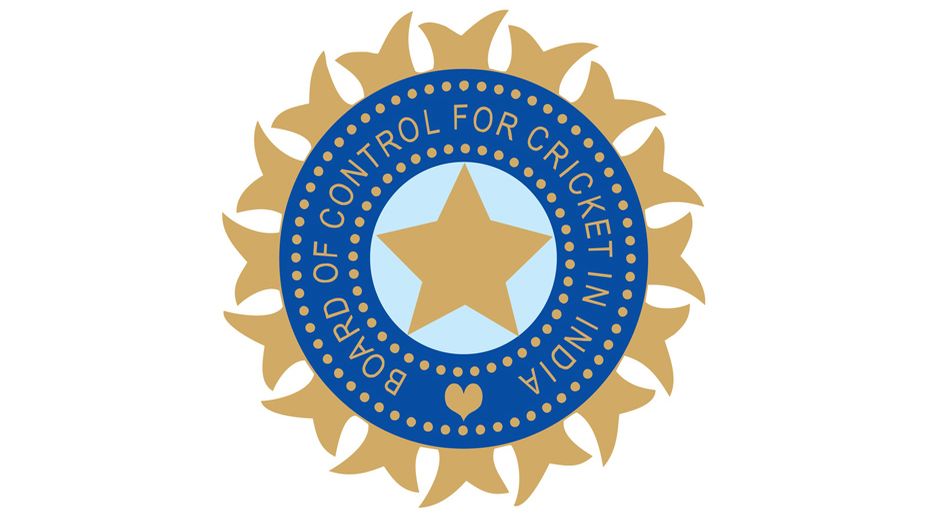The humility was refreshing. As he took guard at the start of his new innings, former Comptroller & Auditor General, Mr Vinod Rai, impressed the cricketing community by asserting that he saw himself playing the role of night-watchman: indicating thereby that his job was temporary, a “holding-brief”. And more importantly, the reins of the administration would be handed back to a duly elected body. Quite a change from the arrogant know-all stance taken by most actors in the judicial arena, who had slammed the conduct of the game without considering that the very system they were condemning “produced” a squad with global excellence. Most followers of the game would echo the sentiment expressed by Saurav Ganguly that he was “tired” of the recent confrontation. A confrontation that was evident even at the recent hearing of the apex court at which the four-member team of administrators was formally announced.
Though the panel overseeing implementation of the Lodha recommendations remains intact, it would be best if it made a graceful exit and not embarrass Mr Vinod Rai by looking over his shoulder. Similarly, the constituents of the BCCI must fully cooperate with the new set of administrators, let them function in an independent manner. And, hopefully, at a subsequent stage the Rai team will enlighten the apex court if there is need to modify the Lodha prescription. For there can be no ignoring the high degree of pique and petulance displayed by “both sides” in the run-up to the appointment of Mr Rai’s squad. That the game did not collapse in the last few months is testament to its fascinating allure across the country: an allure that outlasted a veritable nightmare. There are, admittedly, quite a few issues still requiring judicial resolution, if Mr Rai can generate a climate that favours amicable settlement he will have “hit a sixer”. At recent hearings the “new” bench has indicated a more accommodating approach, a truly positive signal.
In his initial reactions to the media Mr Rai was honest enough to admit that he was not familiar with how the game “worked”, and that would be a healthy starting point. With alleged troublemakers in the BCCI out of the way, the process of reform (whatever that entails) could progress along a less-bumpy path. And maybe the status of the Services and Railways duly restored: before cricket became a “professional” venture they had played no small role in nurturing it. As did associations like Saurashtra, Vidharbha, etc., which fell foul of the Lodha panel’s babu approach. Mr Rai has a tough task, but having faced bouncers from Hall, Trueman, Griffith and the wiles of Laker and Qadir, there is no reason why Indian cricket cannot put the likes of Srinivasan, Lodha, and Anurag Thakur behind it.
Advertisement











